The higher the altitude where tea trees are planted, the more expensive the tea, which has been a common belief regarding tea pricing. But does tea really taste better when it`s grown at higher altitudes? Today, let`s discuss the relationship between tea-growing altitude and tea flavor.
Why are teas grown at higher altitudes more expensive? Several factors contribute to this:
Tea plantation management costs: Weather greatly influences tea tree growth. In colder climates, tea trees can be harvested around twice a year, while in warmer climates, they can be harvested up to seven times a year. High-altitude areas often prefer cultivating delicate tea varieties like Qingxin Oolong, which require higher maintenance costs.
Tea production costs: Higher altitudes lead to increased transportation and labor costs. Production expenses, including accommodation, meals, tea picking, withering, roasting, rolling, and shaping, are generally higher in high-altitude areas.
Rarity: Different high-mountain tea regions have unique climatic conditions, resulting in teas with a distinctiveness that is scarce. This rarity contributes to the higher prices of teas from such regions.
What makes tea taste good? A good tea is one that feels comfortable to drink. But what does “comfortable” mean? It varies for each person, with preferences ranging from bitter and astringent to sweet and mellow. Teas grown at higher altitudes, due to colder climates and shorter sunlight exposure, tend to have higher sweetness and thickness, with lower bitterness and astringency. Those who prefer sweetness may lean towards high-mountain teas. For those who prefer a rich and diverse flavor profile, teas from mid-altitude areas might be a better choice, as they receive sufficient sunlight and can exhibit a variety of tastes.
Does a higher tea price mean better taste? Tea prices are influenced by various factors, and taste should not be solely determined by price. When tea prices are too low, food safety issues, such as pesticide residues, become a concern. Moreover, there`s a risk of food fraud, such as imported teas being passed off as domestic teas.
In conclusion, the next time you taste tea, try not to focus solely on the price but instead pay attention to how each tea makes you feel. Hopefully, you`ll find the tea that suits you best. Until next time.
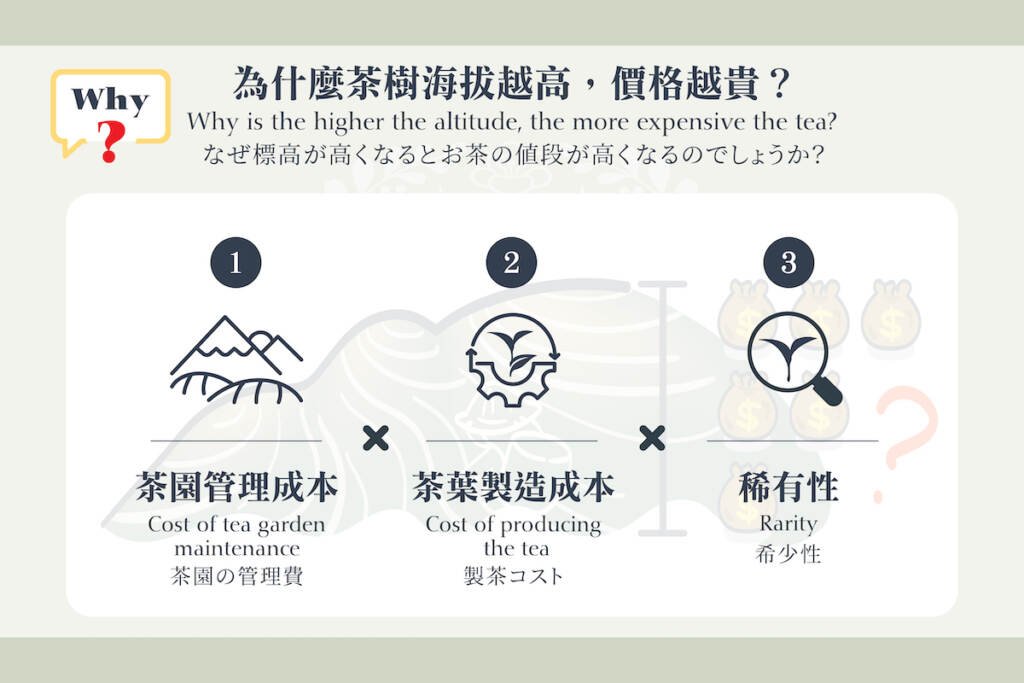
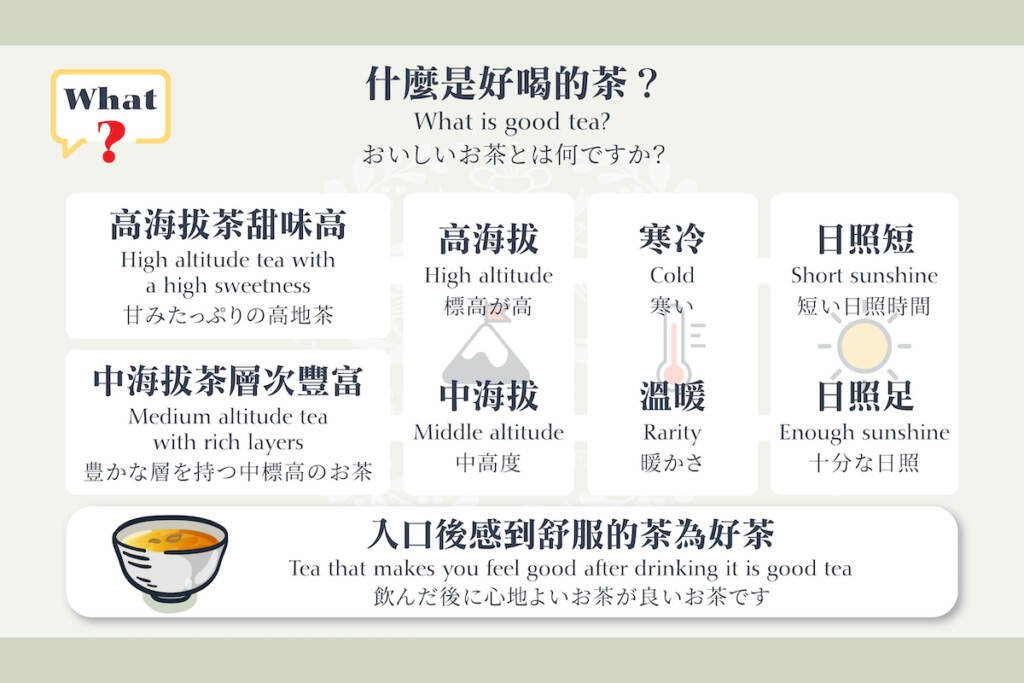
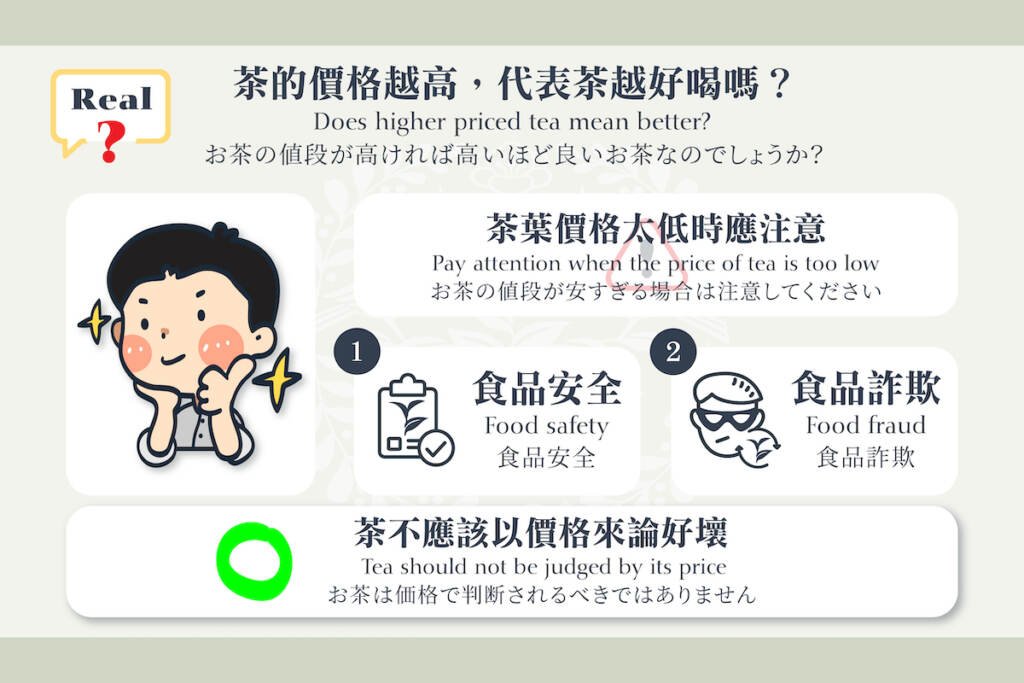

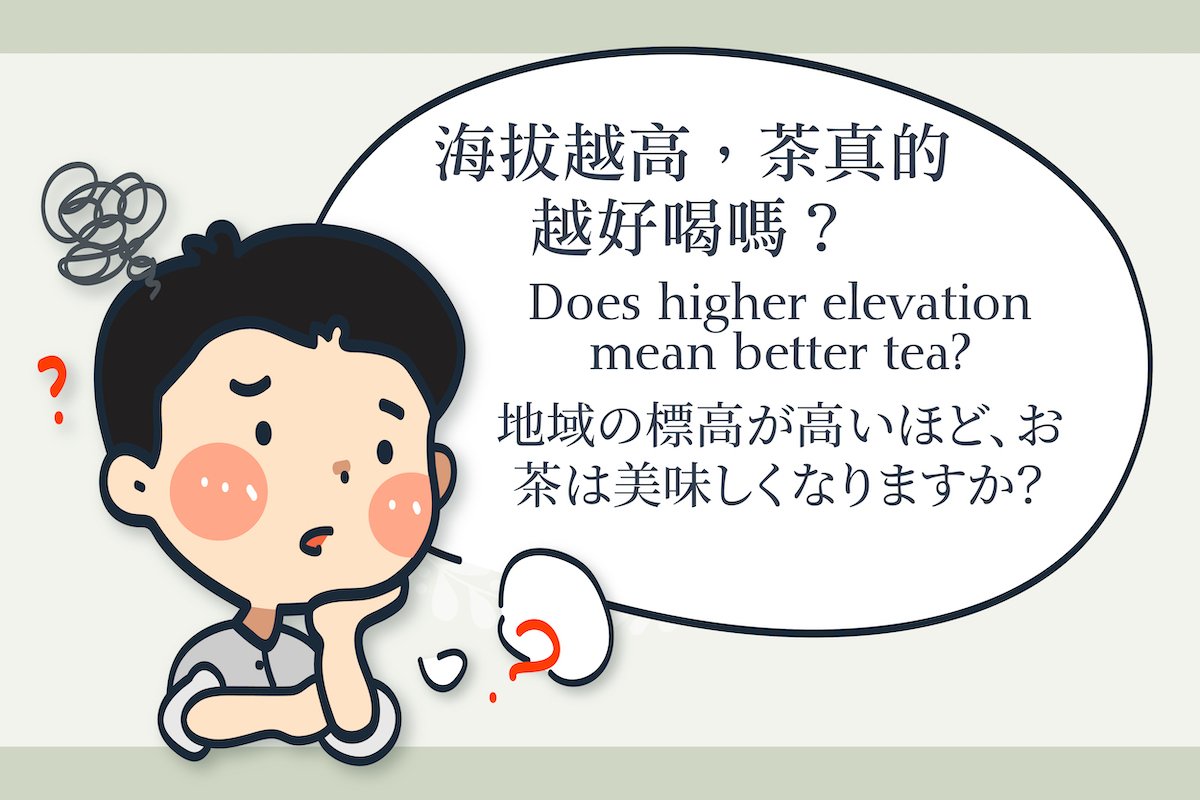


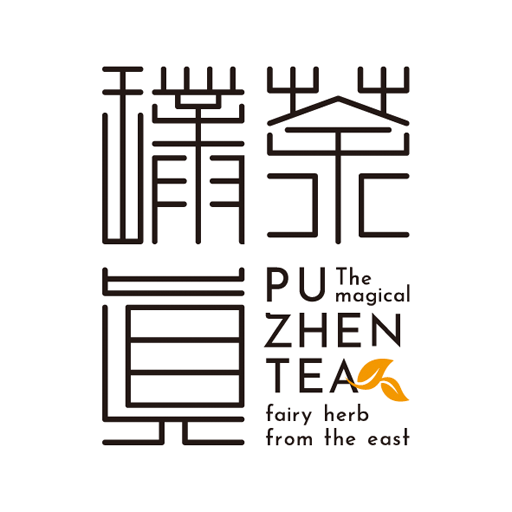

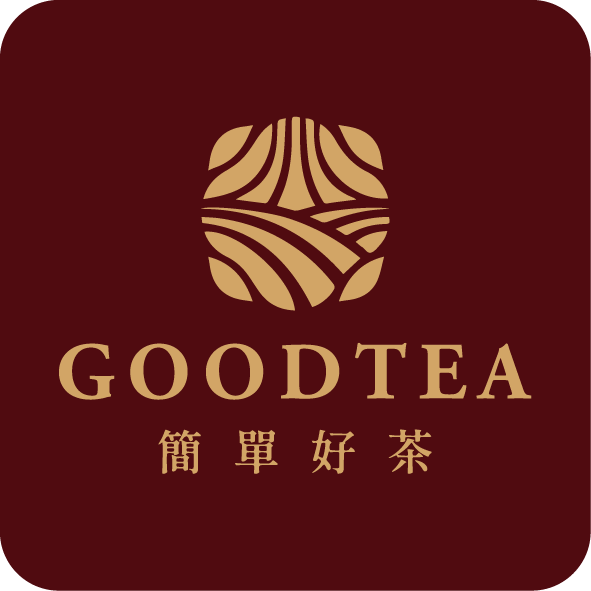
Leave a reply